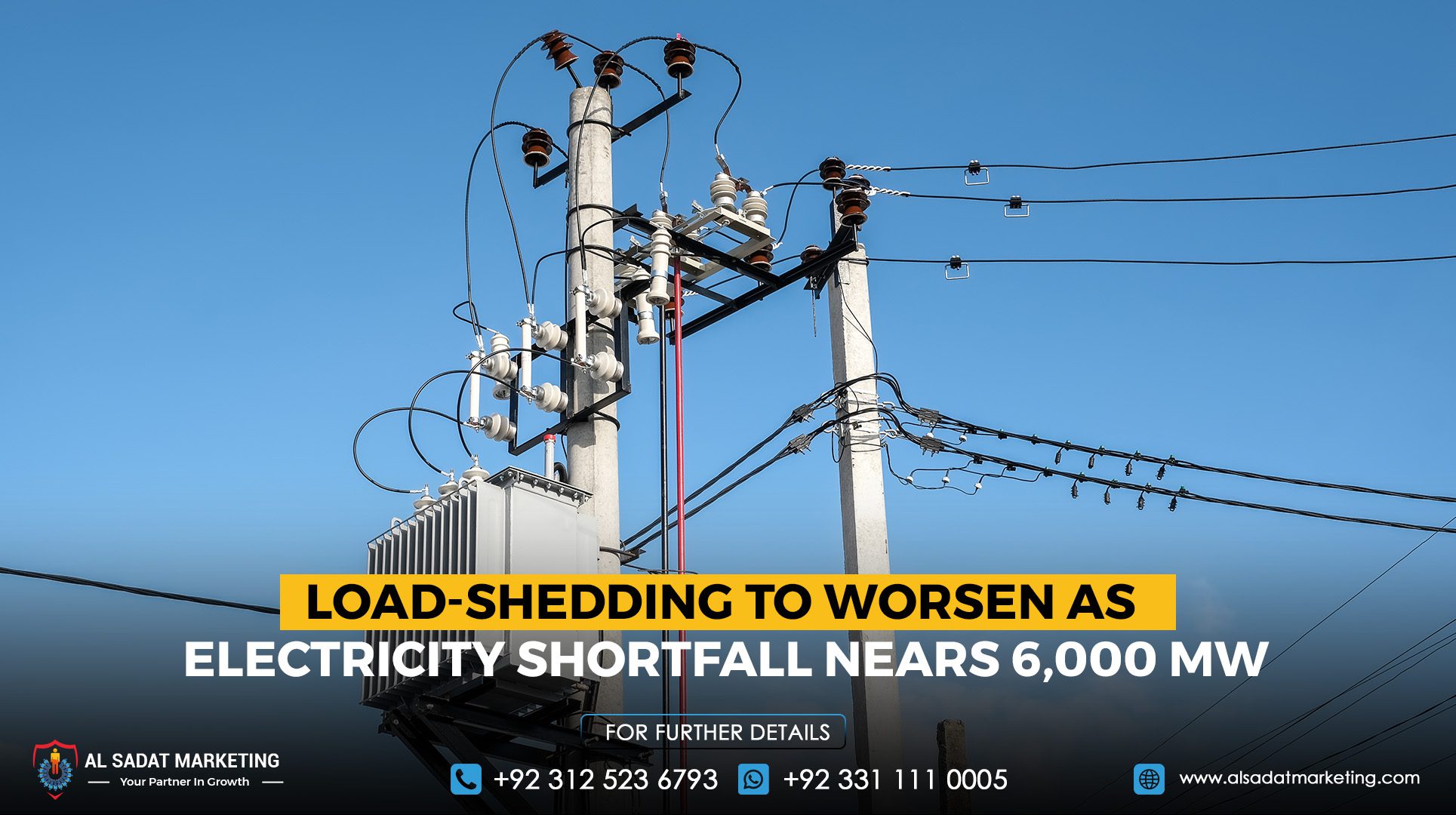ISLAMABAD—As temperatures reach above 40 degrees Celsius, Pakistan is experiencing major power shortages due to an unprecedented heatwave. The daily load-shedding that occurs in numerous places lasts more than eight hours. As a result, it makes the public even more miserable.
Also Read: Why Lakeshore is Peaceful & Good Place for Mental Health
According to sources, there is currently a 5,845-megawatt national electricity deficit. There is a production of only 18,655 megawatts of electricity compared to 24,500 megawatts of demand. Nuclear energy provides 3,200 megawatts, bagasse 140 megawatts, solar 200 megawatts, and wind 790 megawatts.
The electrical transmission system is under stress. This is due to the increasing demand. There is frequent load-shedding in Pakistan. Unplanned power outages, transformer failures, and feeder tripping have all been reported. This makes surviving in the intense heat even more difficult.
Also Read: Lakeshore City Offers Easy Installments Tailored for Government Officers
Officials have not formally acknowledged load-shedding on a national level. The interruptions are attributed to feeder load management issues, high losses, theft, and technical malfunctions. According to an anonymous electricity division official, the distribution system is under pressure from rising demand from the hot weather. According to him, only feeders with significant losses and low recovery rates can effectively manage power load.
Daily, load shedding occurs for six to eight hours in rural areas and four to six hours in cities. People who are already suffering from the intense heat are becoming quite frustrated with these power outages.
These power outages are severely disrupting daily activities and business operations. This electricity shortfall is affecting households, businesses, and industries.
Despite government efforts, there is a need for more practical solutions to address the enduring issues in the power sector. Making infrastructural investments, improving resource management, and resolving inefficiencies are crucial. A steady and dependable power supply depends on the well-being of citizens and the stability of the economy.
The country is in turmoil due to continuous electricity shortfall and intense heat. There is a need for both short-term and long-term solutions to increase the resilience and performance of the power industry. Resolving these issues will lessen challenges for the general public and promote the growth and progress of the entire country.










